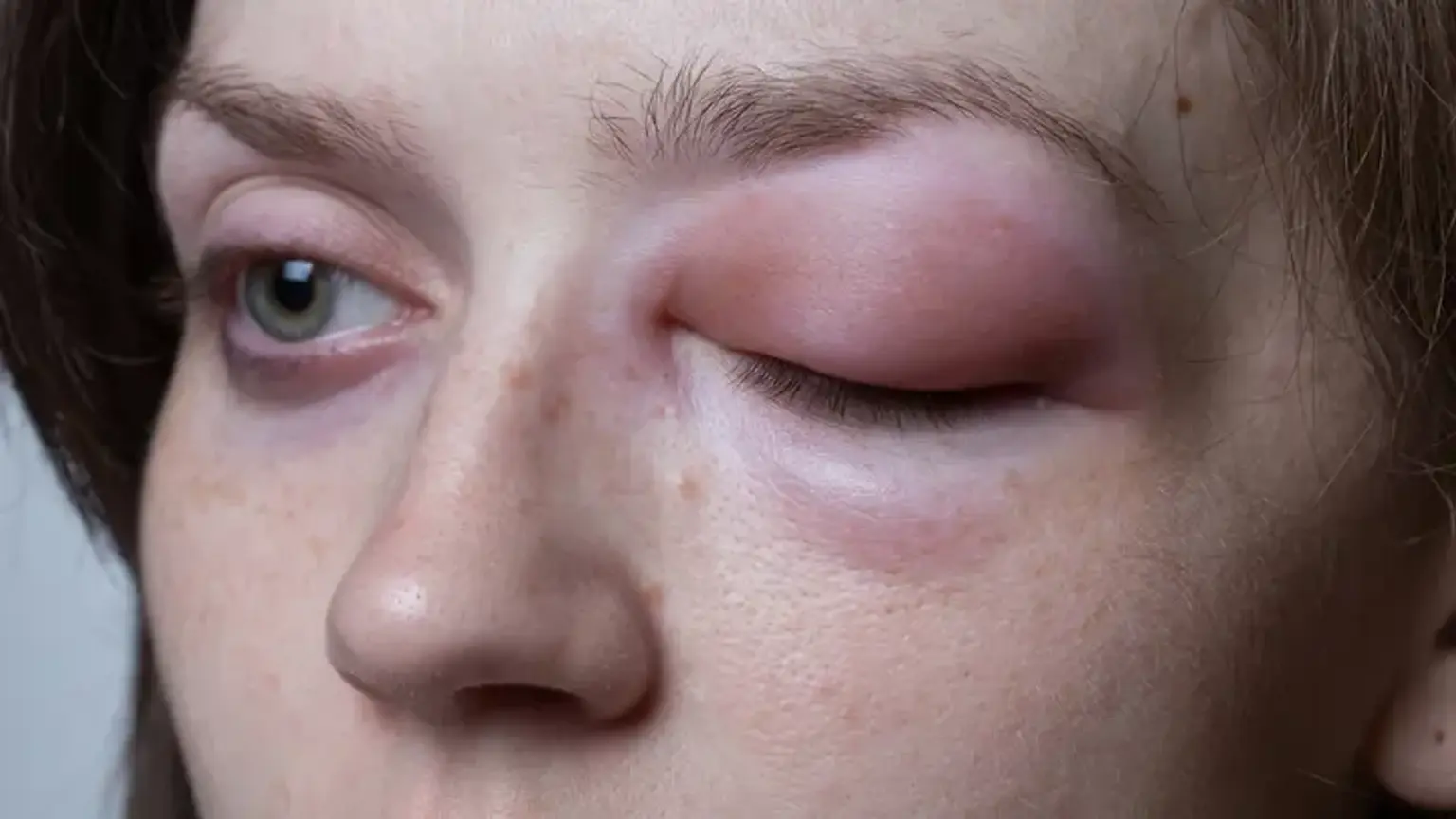Introduction
What is Angioedema?
Angioedema is a medical condition characterized by sudden swelling beneath the skin, often caused by fluid accumulation. This swelling typically occurs in areas like the face, lips, throat, hands, and feet but can also affect internal organs in severe cases. Angioedema can be triggered by allergic reactions, hereditary factors, or certain medications, making it a multifaceted condition requiring careful diagnosis and management.
The condition is often confused with urticaria (hives), but unlike hives, which appear as surface welts, angioedema impacts deeper layers of the skin. Understanding the root causes, recognizing symptoms, and exploring effective treatments is essential for managing this potentially life-threatening condition.
Why Discuss Angioedema Now?
The prevalence of conditions like angioedema has been on the rise, partly due to increased exposure to allergens, medications, and environmental factors. Additionally, hereditary angioedema (HAE), though rare, has gained attention due to advancements in diagnostic tools and treatments. South Korea, with its highly advanced healthcare system, has become a notable destination for managing and treating angioedema, offering world-class facilities and cutting-edge therapies.
Understanding the Causes of Angioedema
What Are the Main Causes of Angioedema?
Angioedema is broadly classified into four main types based on its underlying causes:
